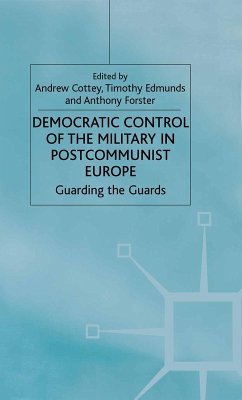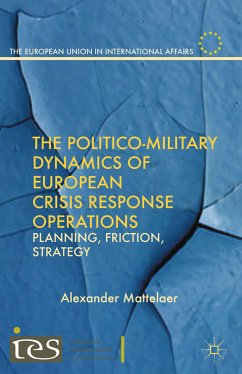
Security, Democracy and War Crimes (eBook, PDF)
Security Sector Transformation in Serbia
Versandkostenfrei!
Sofort per Download lieferbar
40,95 €
inkl. MwSt.
Weitere Ausgaben:

PAYBACK Punkte
20 °P sammeln!
This book examines how the war crime legacy resulting from the Yugoslav war of the 1990s on political and military transformation in Serbia was an impediment to security reform, democratization and the achievement of Western standards in the Belgrade armed forces.
Dieser Download kann aus rechtlichen Gründen nur mit Rechnungsadresse in A, B, BG, CY, CZ, D, DK, EW, E, FIN, F, GR, HR, H, IRL, I, LT, L, LR, M, NL, PL, P, R, S, SLO, SK ausgeliefert werden.












